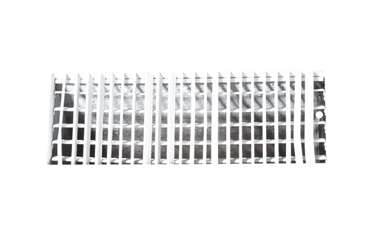Every now and then during an unseasonably warm winter day, homeowners may be tempted to turn on the air conditioner. It may not be that warm, but perhaps you got busy in the house and started sweating, so it's tempting to turn on the AC. But should you?
Probably not. The fact is, the air conditioner compressor has summer-weight oil in it, which is a heavy-grade oil that works best under summer conditions. In colder weather, the oil may be too thick for the AC to work properly, and damage may result. Also, running the air conditioner in colder weather could cause freezing coils.
This is more or less the scenario in cold-weather climates, but what about our climate in Broken Arrow, which isn't all that cold — but may be occasionally frigid?
In general, HVAC technicians don't like to run central air conditioning unless daytime temperatures are well above 60 degrees for two to three days prior to turning the AC on. That can make it difficult to run a test in colder weather (for a home appraisal, for instance) or in colder climates.
Another issue is that some modern air conditioners now have low-ambient temperature sensors that actually keep the compressor from turning on when it's cool. These sensors are for the protection of the unit.
Heat Pumps
All of the information we've detailed up to this point pertains to central air conditioning. However, heat pumps operate a bit differently. Heat pumps, which can heat or cool a home, run with a lighter grade of oil and can be turned on during cooler weather.
Cooling Off in Winter
In general, it's better to just open a window to cool off the home a bit or else turn on a ceiling fan. If the fan blades have been reversed to push down warm air to the level of the home's occupants, you may need to change the switch so the blades are running counterclockwise. This will help lift up warm air and push down cooler air.
For more on operating the AC in cold-weather climates, contact Air Assurance in Broken Arrow.




